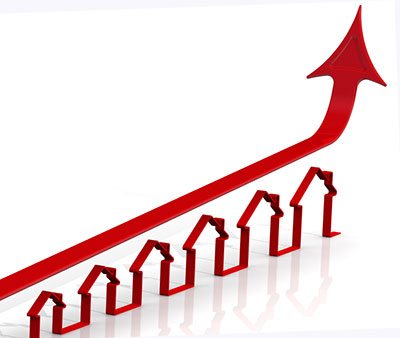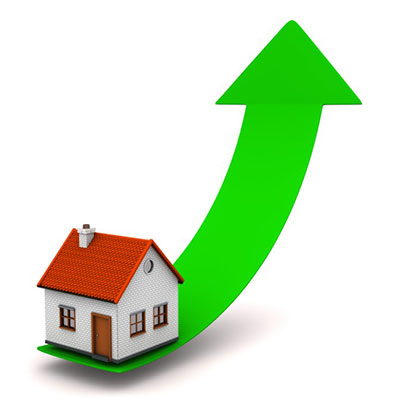Property price growth in the UK rose by 0.1% in February to reach an average of £219,949, according to the latest figures released by the Halifax.
Year-on-year, values are 5.1% greater, however this rate is down from the 5.7% seen in January. It is also the slowest year-on-year growth recorded since July 2013.
Demand/Supply Imbalance
Martin Ellis, housing economist at the Halifax, believes that prices will continue to move upwards if the current supply/demand imbalance carries on. He suggests that housing demand is being supported by an improving economy and increased employment.
Ellis noted: ‘Meanwhile, the supply of both new homes and existing properties available for sale remains low. This combination is pushing up prices.’[1]
Alex Gosling, Chief Executive Officer of online estate agents HouseSimple, noted that despite annual house price growth slowing, this could be due to the rush to purchase before Stamp Duty changes twelve months ago.
‘The continued supply shortage is still playing a significant role in price stability. The general consensus is that price growth will be low digits in 2017, but the critical Spring market often sets the tone for the rest of the year,’ Gosling observed.[1]
‘Early indicators suggest that we could see a healthy Spring as buyers as starting to make offers rather than simply window shopping and stock levels are creeping up. Also, the Chancellor may want to play a strong hand tomorrow and if he announces further changes to Stamp Duty, this could breathe new life into the market,’ he added.[1]

UK residential property prices up by 5.1% year-on-year
Price is right
A number of buyers are committed to purchasing property, but only at the right price, according to Jonathan Hopper, Managing Director of Garrington Property Finders: ‘The ongoing chronic lack of supply is a significant factor currently underpinning prices. Despite renewed focus on house building by the Government, there doesn’t appear to be a quick fix solution that will change the demand/supply imbalance any time soon, although tomorrow’s budget announcements may help make a step towards this.’[1]
‘Despite total UK home sales continuing to push up, we anticipate more sedate price growth in 2017, as rising house price to earnings ratios start to bite in parts of the country and restrict overall affordability. On the ground, there is a pervasive sense of caution. Astute vendors are increasingly prepared to reduce their asking price in exchange for the guarantee of a sale,’ he explained.[1]
Rob Weaver, director of Investments at property crowdfunding platform Property Partner, believes record low interest rates, coupled with the supply/demand imbalance, will put upwards pressure on prices.
‘If the UK is to fix its broken housing market, it needs radical solutions. There was a lukewarm reception for the recent housing white paper so all ears will now be on tomorrow’s Spring Budget in eager anticipation of any incentives to get Britain building affordable homes,’ Weaver said.[1]
[1] http://www.propertywire.com/news/uk/prices-uk-residential-market-continue-upward-trend-5-1-year-ago/








